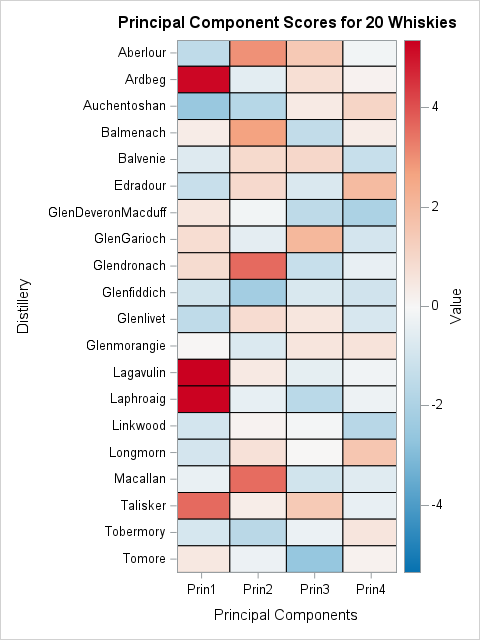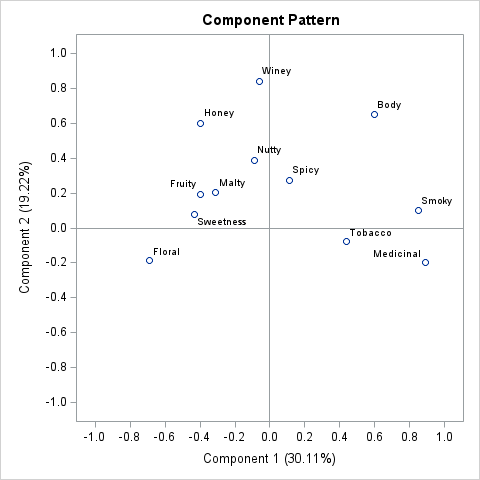Editor's Note: SAS' e-book, Your guide to becoming a modern marketer, provides additional guidance on the skills you need to become a modern marketer. This e-book provides a plan of action and documents lessons we've learned at SAS while modernizing our marketing organization.
Today, the need to take an analytical approach to business challenges no longer only applies to traditional, data-driven functions of a business, like IT, but is becoming more and more relevant to every part of an organization, including the marketing function.
Employers tasked with staffing modern marketing teams are facing a well-documented digital marketing skills gap. But, if you’re someone who’s seeking a new marketing career opportunity or wanting to expand your current skill set to keep up with the industry, meeting the challenge to be more analytical can provide you with tons of opportunity -- if you can set yourself apart from the competitive pack with the right set of skills. So, exactly which skills do you need?
In her book, The Analytical Marketer, SAS global marketing executive Adele Sweetwood shares related insights she’s gained from her years leading the transformation of a large marketing organization into a data-driven, analytically-focused team, and she highlights nine skills as essential for success:
It’s clear that marketing managers must look for evidence of different skills and experience, when evaluating applicants. But just what to look for is open to debate. A blog post, “Eight Skills for Tomorrow’s Marketers,” by Kathleen Schaub, succinctly captured this in a way I agree with [in her post, Kathleen included the first six skills listed below, and I’ve added three more]:
- Sales skills. It’s no longer good enough for marketing to simply focus on filling the top of the funnel and passing leads off to sales. The analytical marketer needs to be active throughout the buying process and work hand in hand with salespeople to provide the information that will help them close deals.
- Social media skills. Social media dramatically changes the buyer-seller-influencer dynamic. But only those actively participating in social media tangibly appreciate the differences between old-style, one-way media conversations and group interactivity.
- Journalism and storytelling skills. With buyers getting the majority of their information from the web, and with potential sales an increasing priority, there’s no end to the need for juicy, targeted content. Storytelling also comes into play in campaign design.
- Process design skills. Automation is just beginning to penetrate the market. As anyone who has been part of a reengineering effort can attest, it’s not the automation that increases productivity. It’s the process changes that automation enables and enforces. Deploying marketing automation will require skills such as process modeling, project management, the ability to train and manage change, and ease with technology.
- Data and analytics skills. Technology captures and makes available enormous amounts of data about buyer and seller behavior. A marketer must be a data guru with a passion for analytics and curiosity.
- Domain expertise. Customers don’t care about our products. They care about themselves and their problems. Building a bridge between our products and the customer requires knowledge of both realms.
- Collaboration and exceptional communication. These skills are not mutually exclusive. On just about every job posting these days, you will see that “communication” skills are a must. Communication has a different meaning for marketers in our world. Traditional communication skills need to be supplemented with an intense focus on collaboration through effective communication. There are no one-man or -woman bands, only full orchestras with very clear objectives and constant interaction.
- Creativity and innovation. We need people to reach for the next idea. The term “creativity” is no longer applicable to just the agencies or the designers. Today’s channels and digital work approaches enable and encourage creativity at all stages of marketing and the marketing process. Creativity is at the heart of innovation, which is not only required but rewarded.
- Leadership. A leader is someone who is willing to take risks, drive change, and build trust. We need these skills at every level of the organization, not just the vice president level. Today’s marketers, regardless of their role, have a unique opportunity to demonstrate leadership in their field and across their business for maximum impact.
If you’re a marketer who’s interested in increasing your data and analytics capabilities, SAS can help you get there. In fact, according to a study from Money and Payscale.com, SAS analytics skills are the most valuable in today’s job market.
Whether you want to explore training to get started with SAS or learn to use SAS Customer Intelligence products to more effectively design, execute and analyze your marketing campaigns, you can easily increase your analytical aptitude with SAS. To learn how SAS technology can help give your marketing organization true competitive advantage, explore our SAS Customer Intelligence product suite.






2 Comments
I really like this article because it has some great tips that will help me in my digital marketing class.
Thank you, Maria. So glad to hear that you enjoyed reading the post and find the content valuable. Good luck in class!